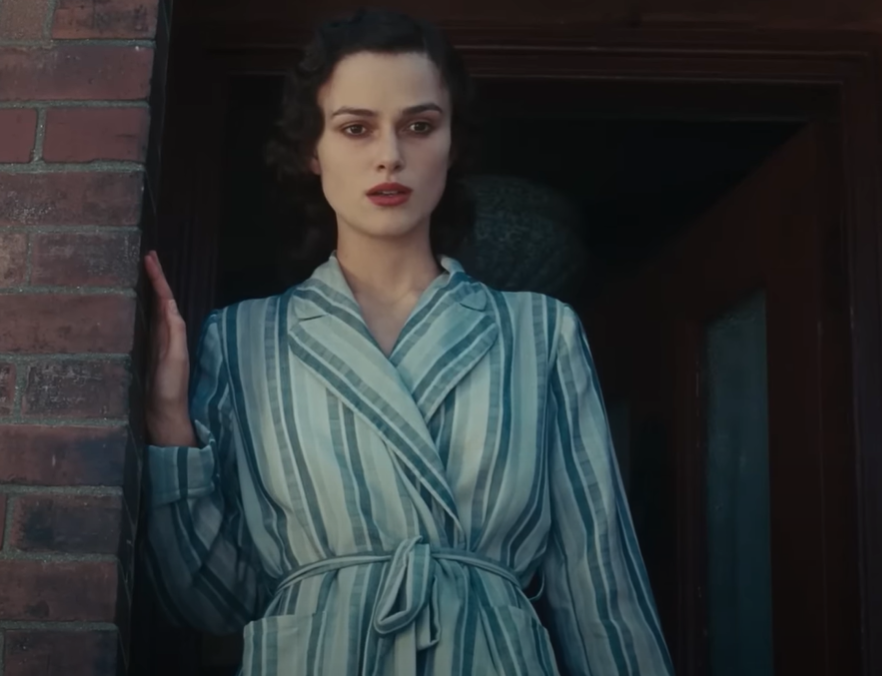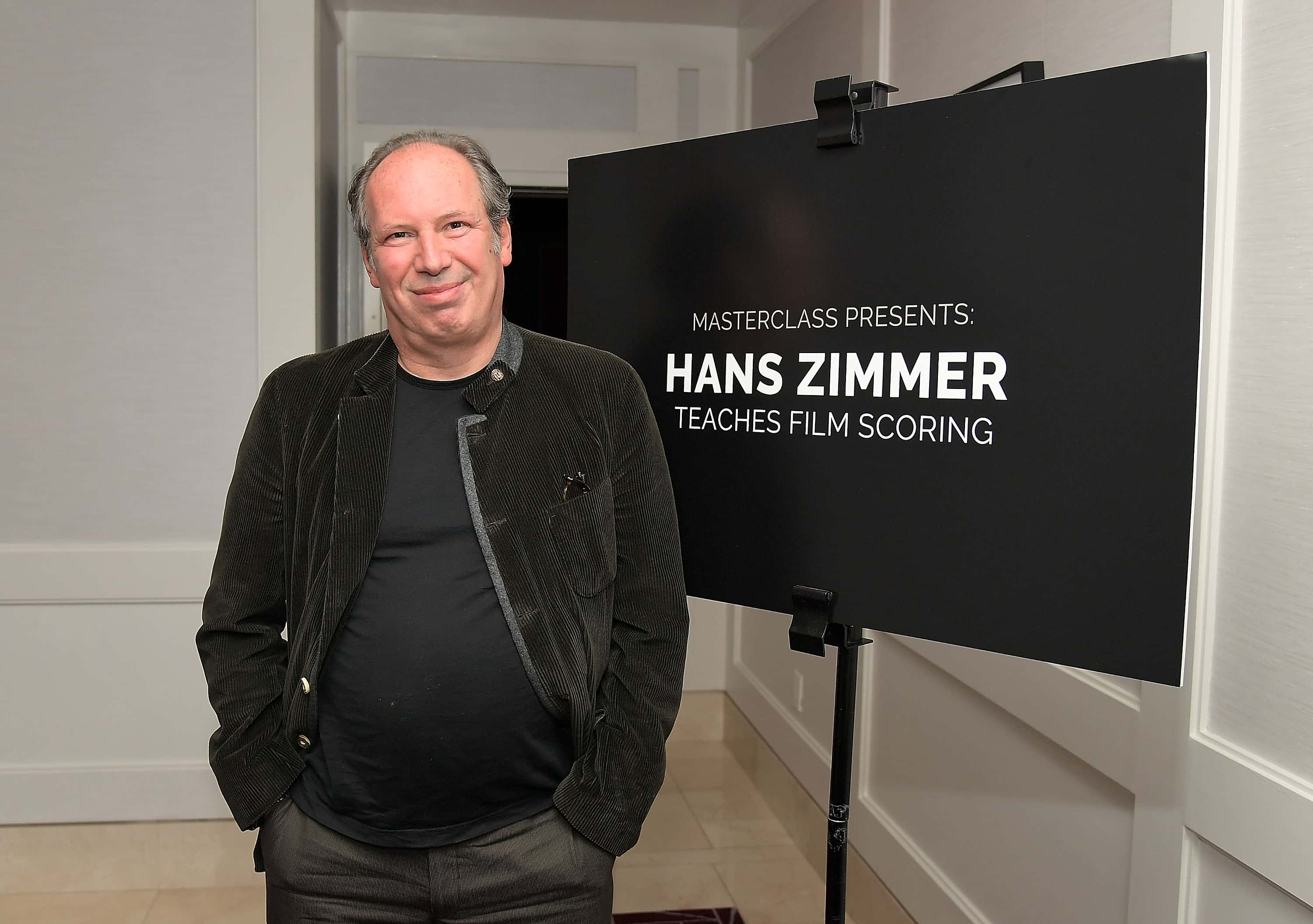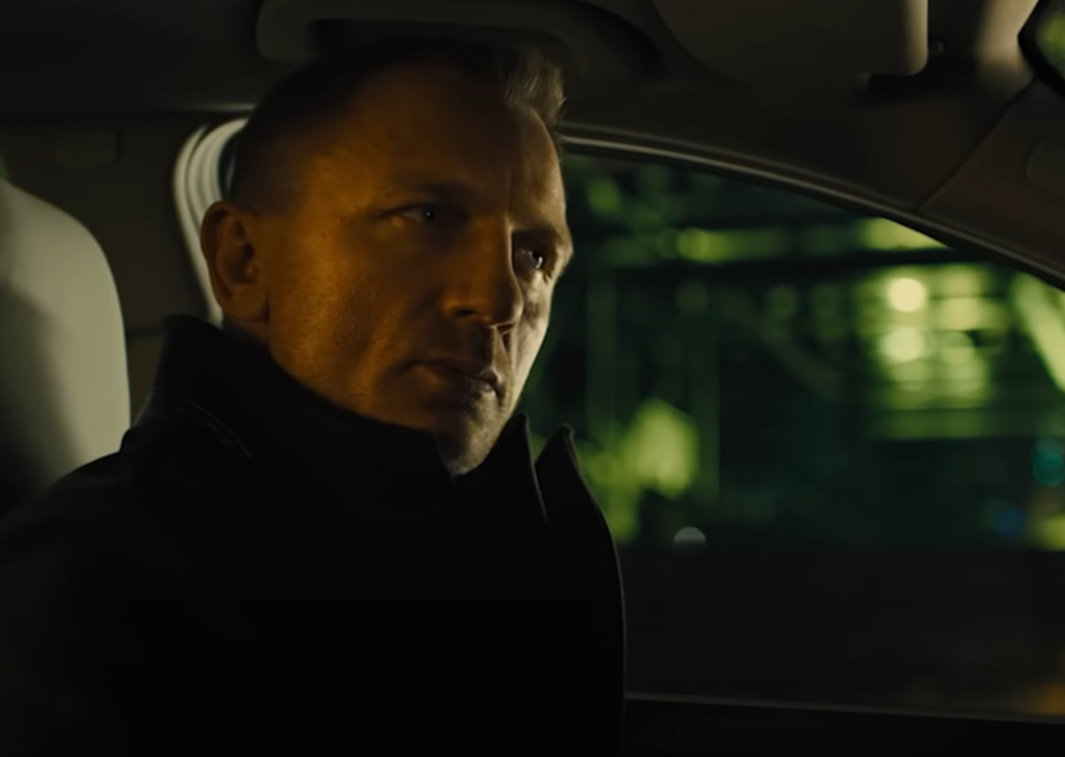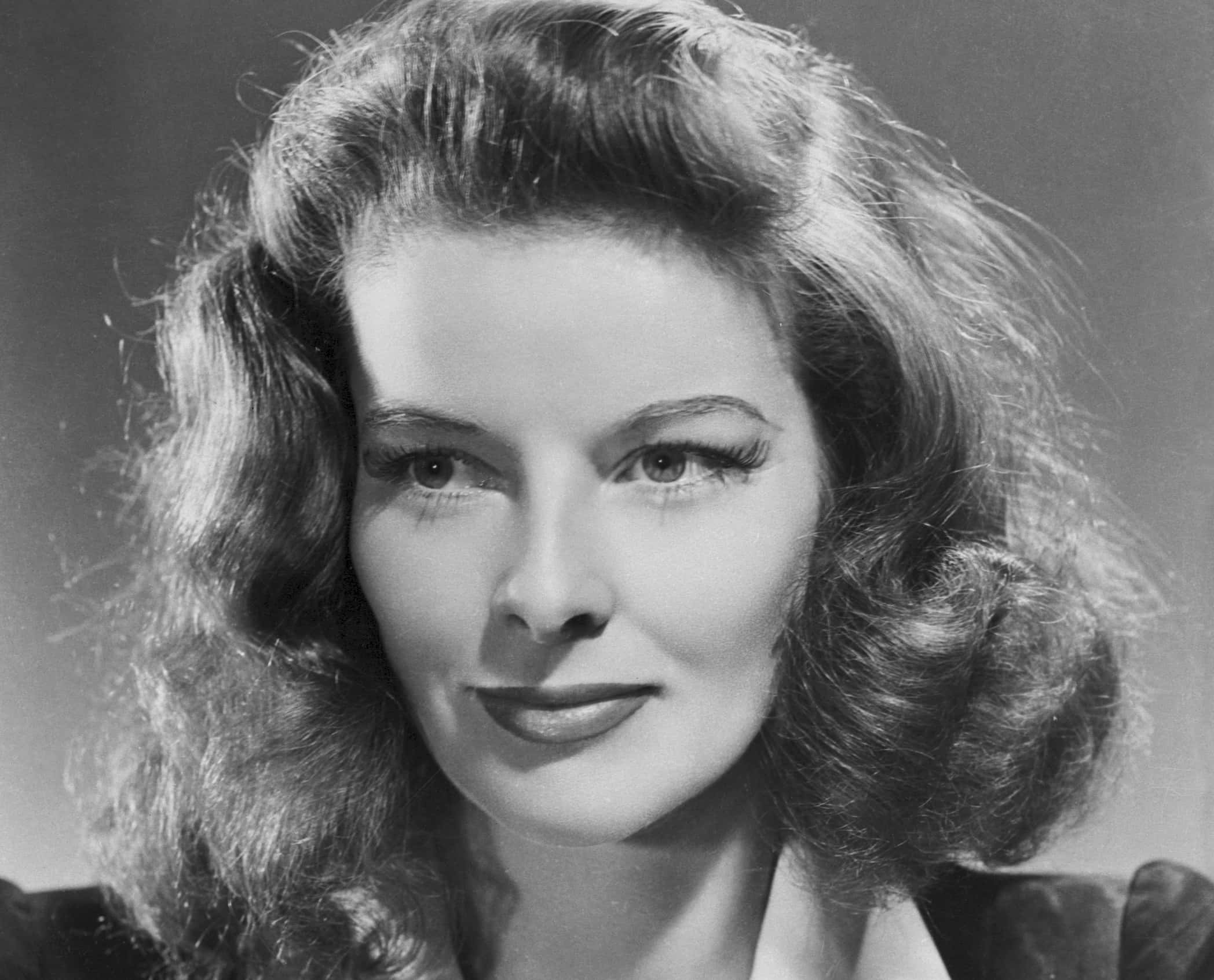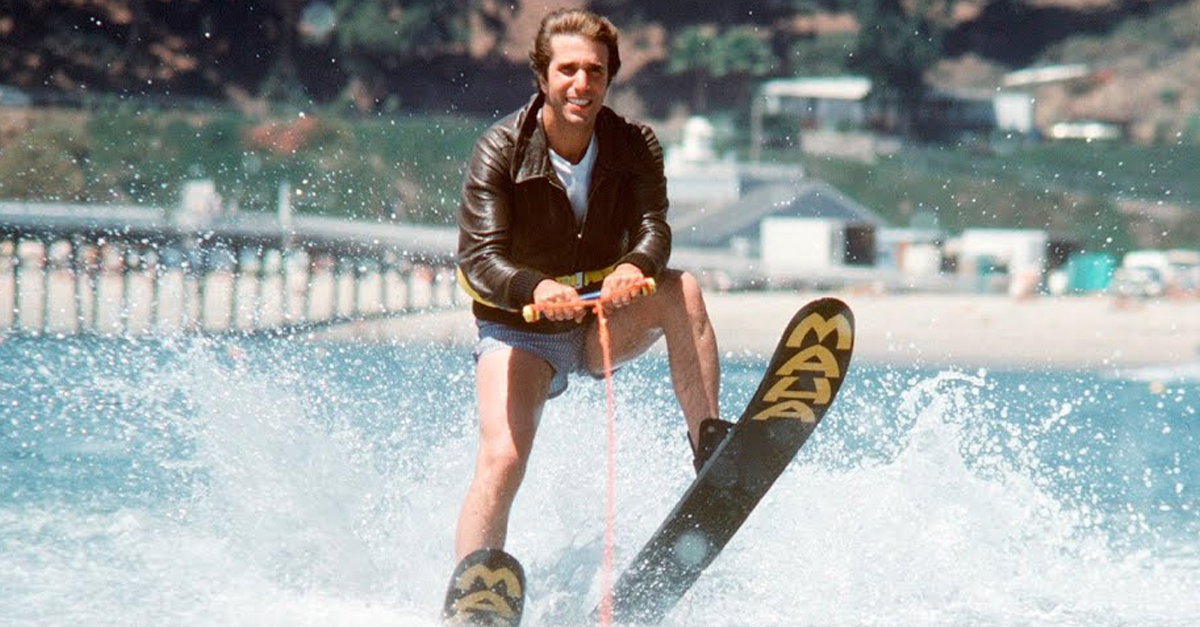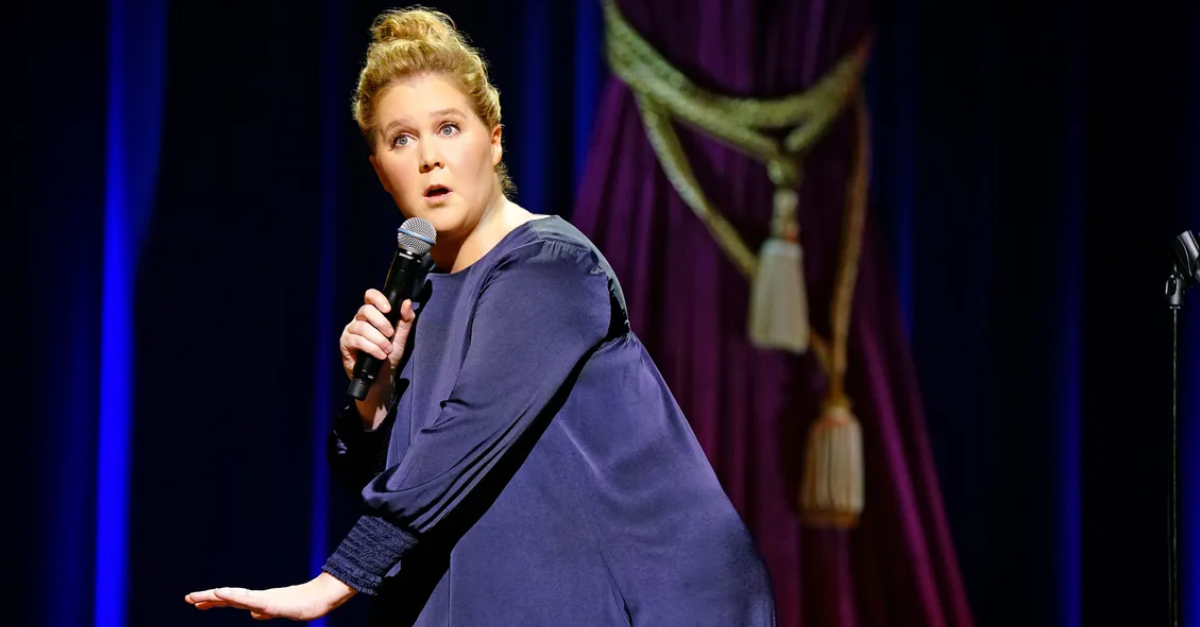Racing For Gold
Some Oscar races are rather predictable, but others come down to the wire, leaving audiences and industry insiders holding their breath. Whether it’s two powerhouse performances going head-to-head or a shocking upset that rewrites history, these close calls have defined Academy Awards lore. Here’s a look at the tightest Oscar battles and the winners who emerged victorious.
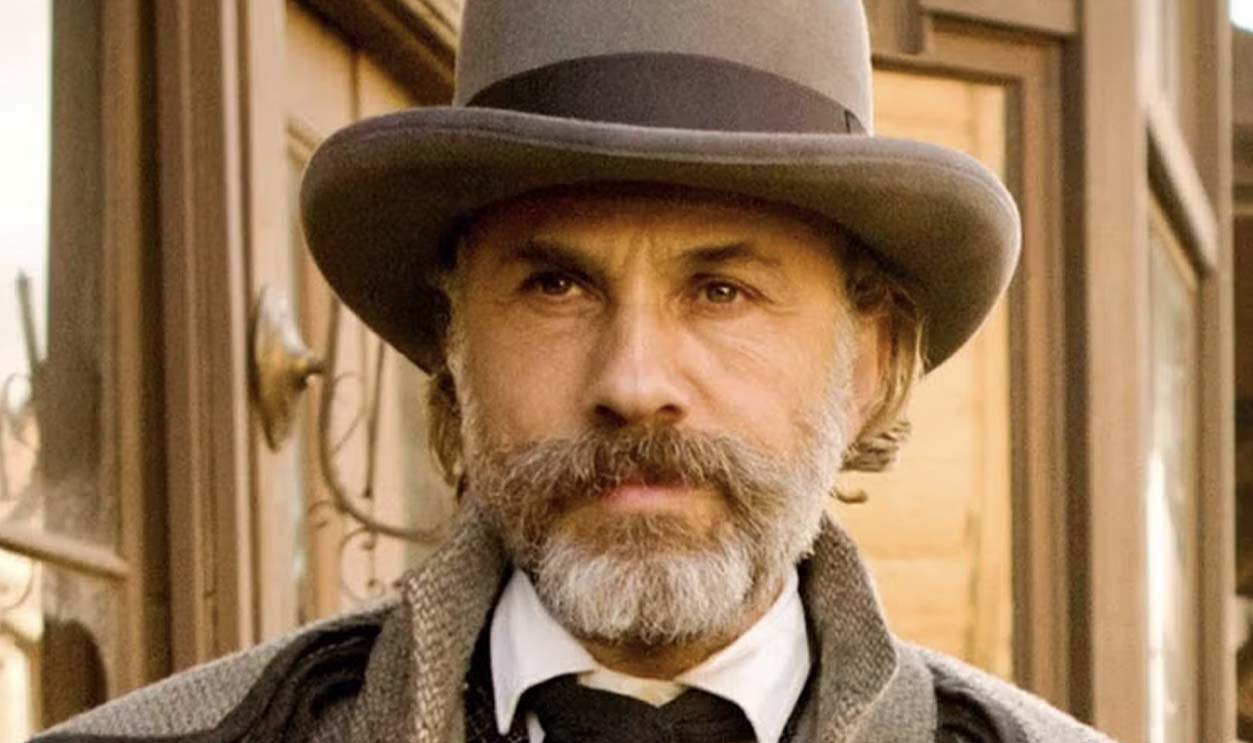
Best Supporting Actress, 2001: The Winner
Jennifer Connelly took home the Oscar for A Beautiful Mind, delivering a performance full of quiet resilience and emotional depth. It was a career-defining moment, showcasing her ability to balance vulnerability with strength in a way that resonated with both audiences and the Academy.
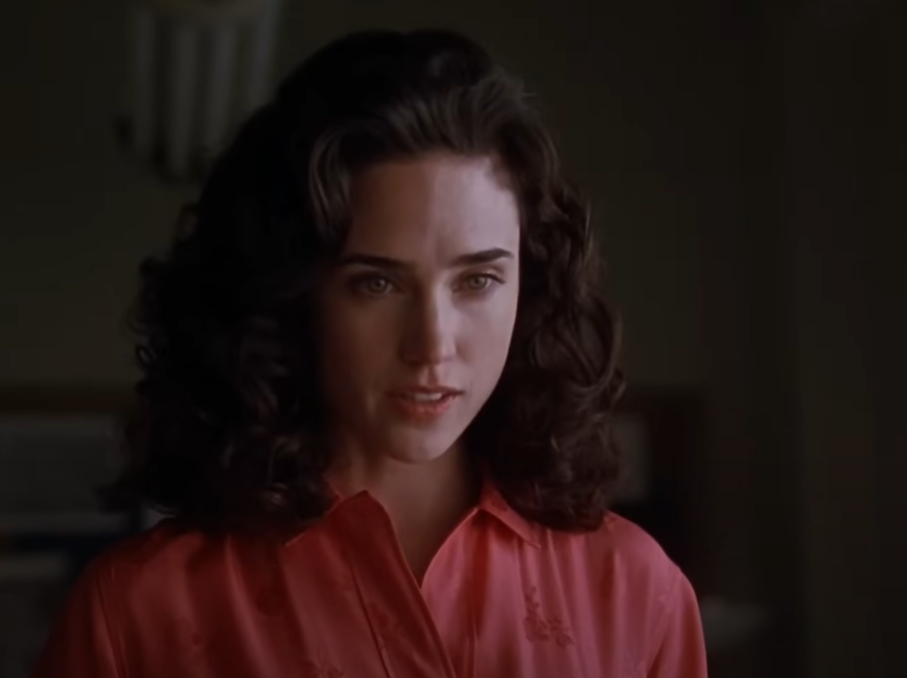 Universal, A Beautiful Mind (2001)
Universal, A Beautiful Mind (2001)
Best Supporting Actress, 2001: The Runners-Up
Helen Mirren and Maggie Smith shined in Gosford Park, setting the stage for their legendary 2000s careers. Marisa Tomei’s In the Bedroom performance reshaped her Oscar legacy, while Kate Winslet’s nomination for Iris reinforced her post-Titanic dominance—especially notable as DiCaprio struggled to find his footing at the time.
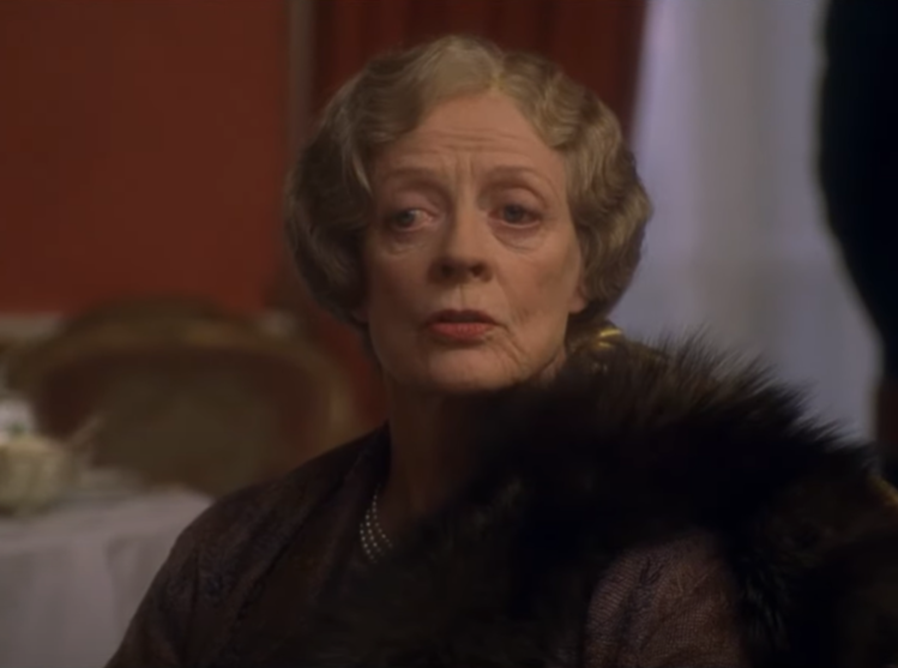 Capitol Films, Gosford Park (2001)
Capitol Films, Gosford Park (2001)
Best Animated Feature, 2009: The Winner
Pixar’s Up soared to victory, cementing the studio’s dominance in the 2000s. With its unforgettable opening sequence and heartfelt adventure, the film proved that animated movies could be just as emotionally profound as live-action contenders.
Best Animated Feature, 2009: The Runners-Up
This lineup was a testament to animation’s diversity, from the eerie stop-motion of Coraline to the meticulous charm of Fantastic Mr Fox. The Princess and the Frog marked Disney’s last major 2D effort, while The Secret of Kells proved indie animation could hold its own. Notably, the category’s strict eligibility rules meant Ponyo and Cloudy with a Chance of Meatballs missed out.
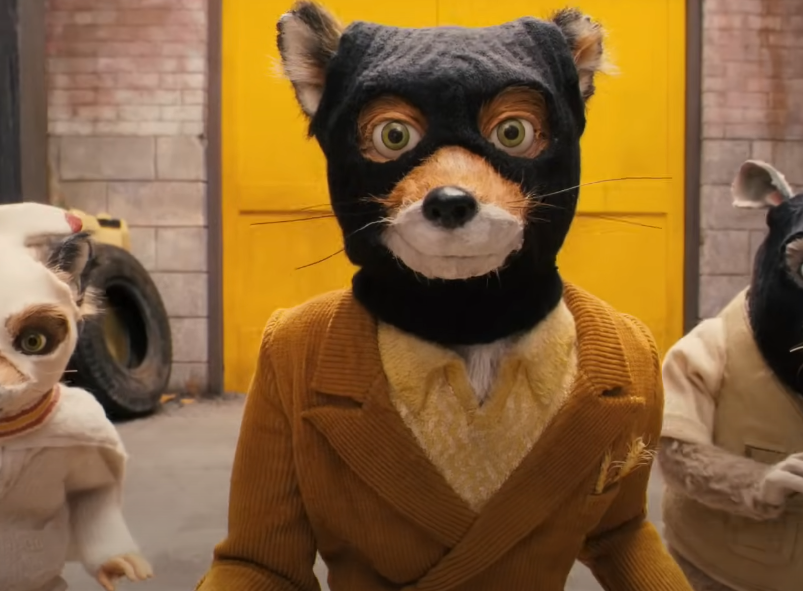 Twentieth Century, Fantastic Mr Fox (2009)
Twentieth Century, Fantastic Mr Fox (2009)
Best Original Screenplay, 1995: The Winner
Christopher McQuarrie’s The Usual Suspects took home the Oscar with its tightly wound mystery and legendary twist ending. Its intricate storytelling influenced a generation of thrillers, paving the way for Fight Club, Shutter Island, and the mind-bending works of Christopher Nolan and M Night Shyamalan.
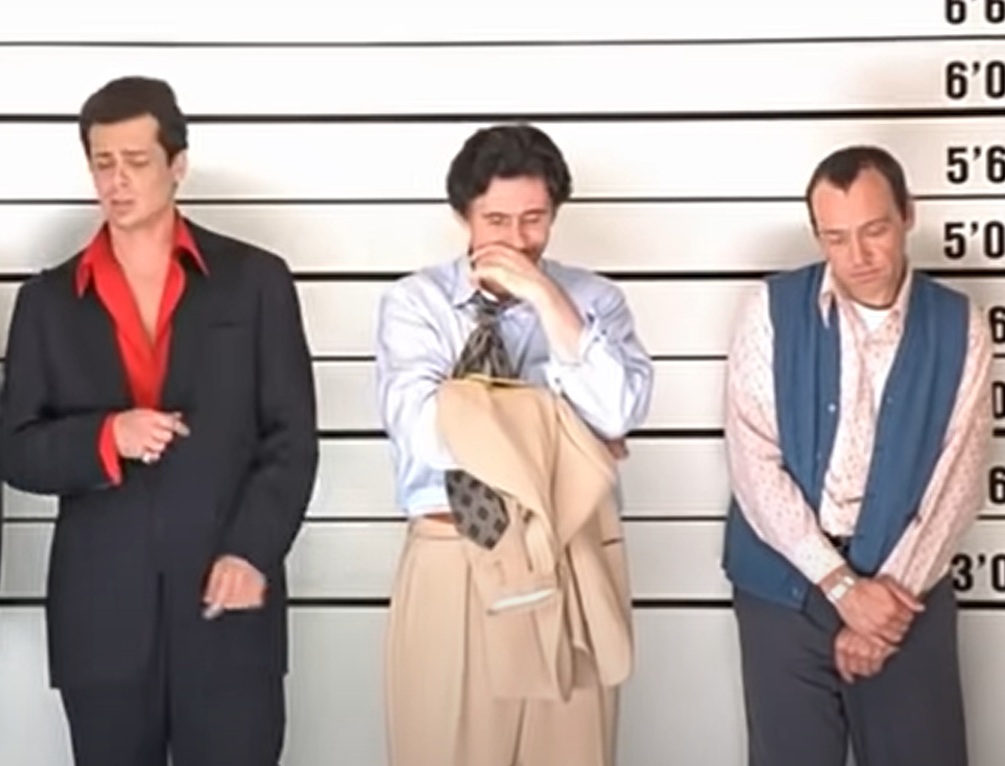 PolyGram, The Usual Suspects (1995)
PolyGram, The Usual Suspects (1995)
Best Original Screenplay, 1995: The Runners-Up
This category helped define modern Hollywood. Braveheart set the template for epic battle films, Toy Story revolutionized animation, and Nixon was Oliver Stone’s last major historical deep dive. Meanwhile, Mighty Aphrodite earned Woody Allen a nod in a period when his influence was fading.
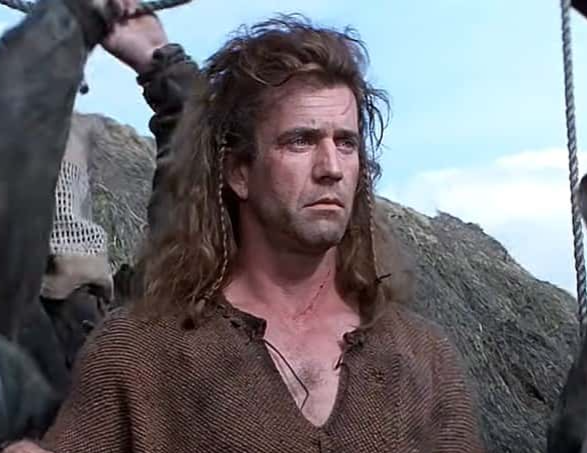 Paramount Pictures, Braveheart (1995)
Paramount Pictures, Braveheart (1995)
Best Original Song, 1991: The Winner
Beauty and the Beast took home the Oscar, cementing Disney’s dominance in the category. The heartfelt ballad, performed by Peabo Bryson and a then-rising Celine Dion, became an instant classic, setting the template for Disney love songs for years to come.
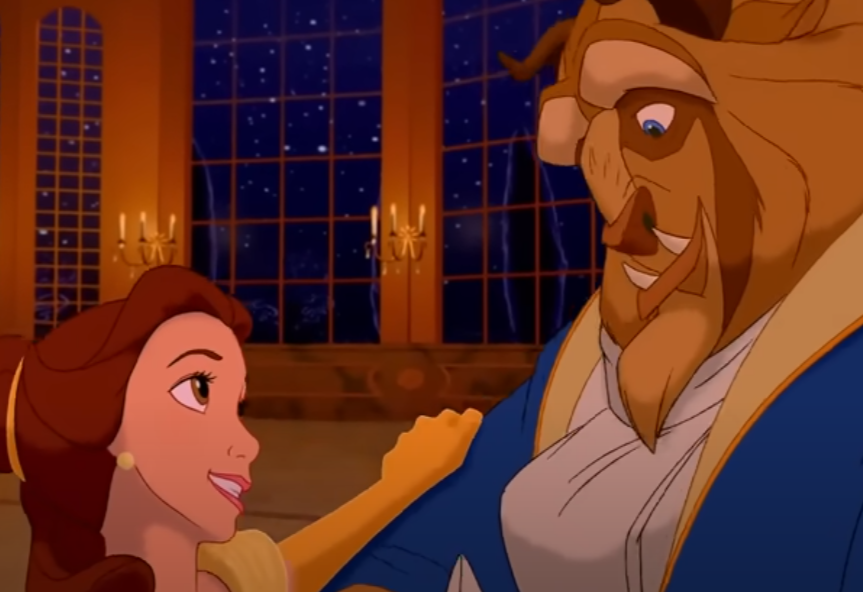 Walt Disney, Beauty and the Beast (1991)
Walt Disney, Beauty and the Beast (1991)
Best Original Song, 1991: The Runners-Up
With three nominations, Beauty and the Beast was a musical powerhouse, but Be Our Guest and Belle arguably stole the show. Meanwhile, When You’re Alone from Hook remains divisive—either deeply moving or overly sentimental. Bryan Adams’ (Everything I Do) I Do It For You became a karaoke staple, representing an era when blockbuster ballads ruled the charts.
 Derek Hatfield, CC BY 2.0, Wikimedia Commons
Derek Hatfield, CC BY 2.0, Wikimedia Commons
Best Production Design, 2001: The Winner
Moulin Rouge! took home the Oscar, dazzling audiences with its vivid, hyper-stylized set designs that captured the essence of bohemian Paris. The film's production design became iconic, influencing fashion, music, and pop culture for years to come, creating a world where excess and beauty intertwined seamlessly.
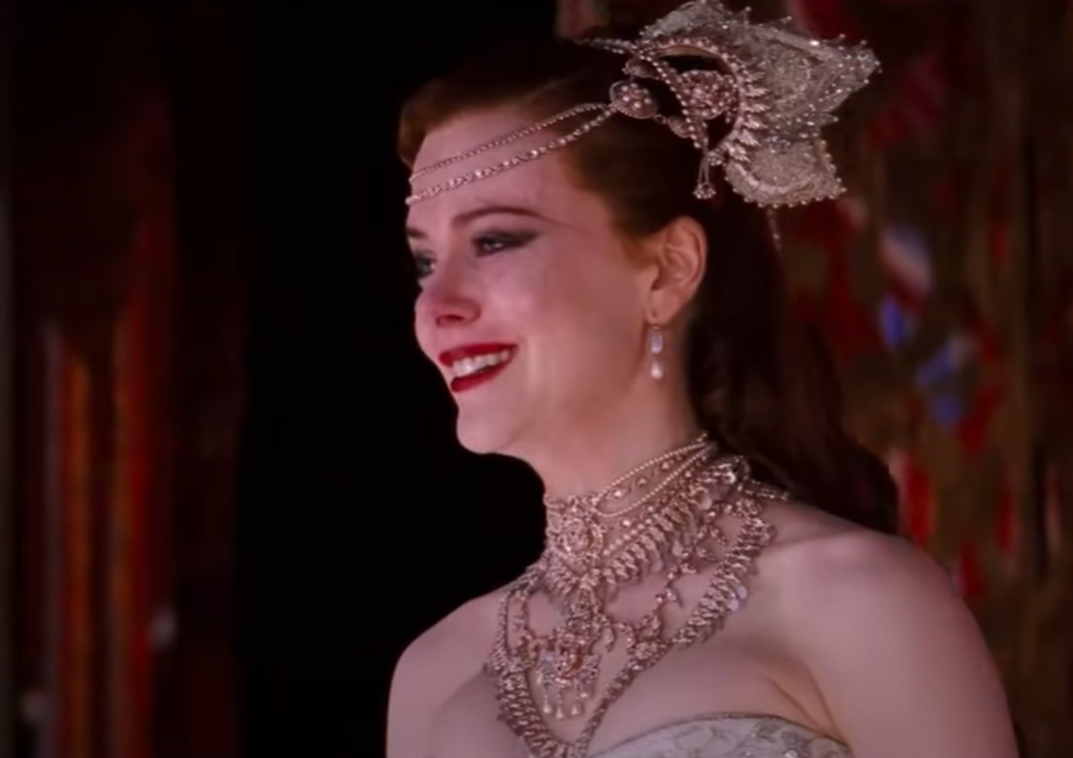 Twentieth Century, Moulin Rouge! (2001)
Twentieth Century, Moulin Rouge! (2001)
Best Production Design, 2001: The Runners-Up
The production designs of Amélie, Harry Potter and the Sorcerer’s Stone, and The Lord of the Rings: The Fellowship of the Ring all became benchmarks for their respective franchises, shaping visual storytelling for generations. Meanwhile, Gosford Park created an atmospheric portrait of aristocratic life, evoking the nostalgia of pre-modern English society. Each film’s production design helped craft worlds that would leave an indelible mark on cinema.
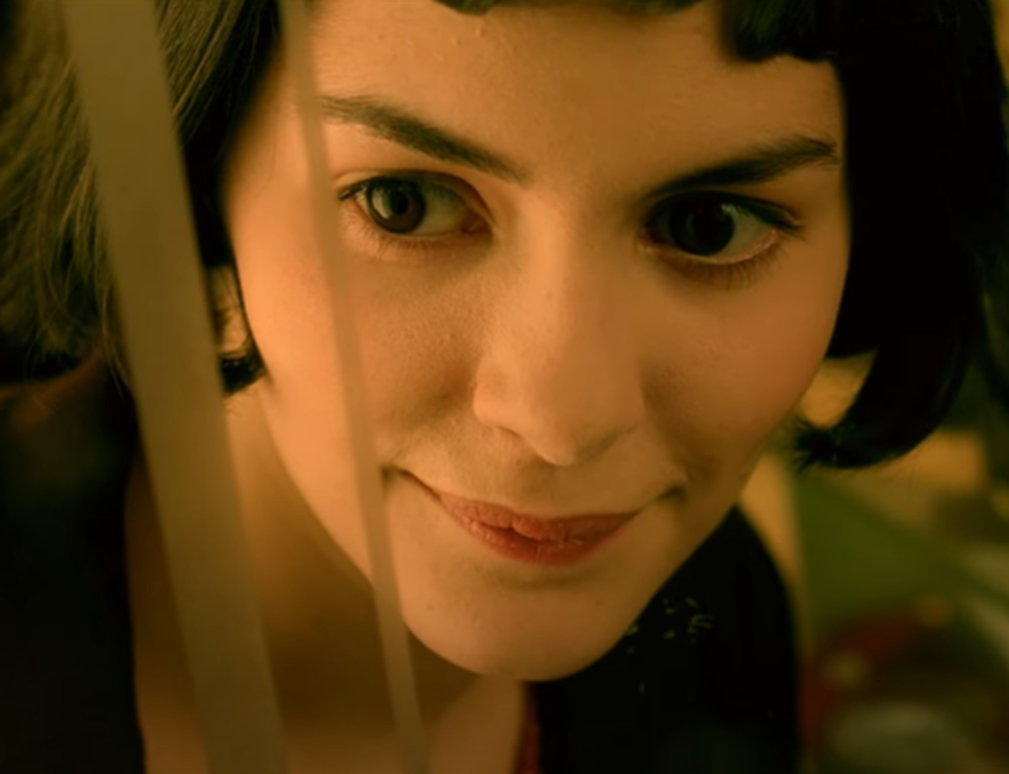 Claudie Ossard Productions, Amélie (2001)
Claudie Ossard Productions, Amélie (2001)
Best Supporting Actor, 2012: The Winner
Christoph Waltz took home the Oscar for his portrayal of Dr King Schultz in Django Unchained, bringing his signature charisma and depth to the role. His performance was electric, turning a supporting character into one of the film's most memorable figures, making him the undeniable winner in a competitive field.
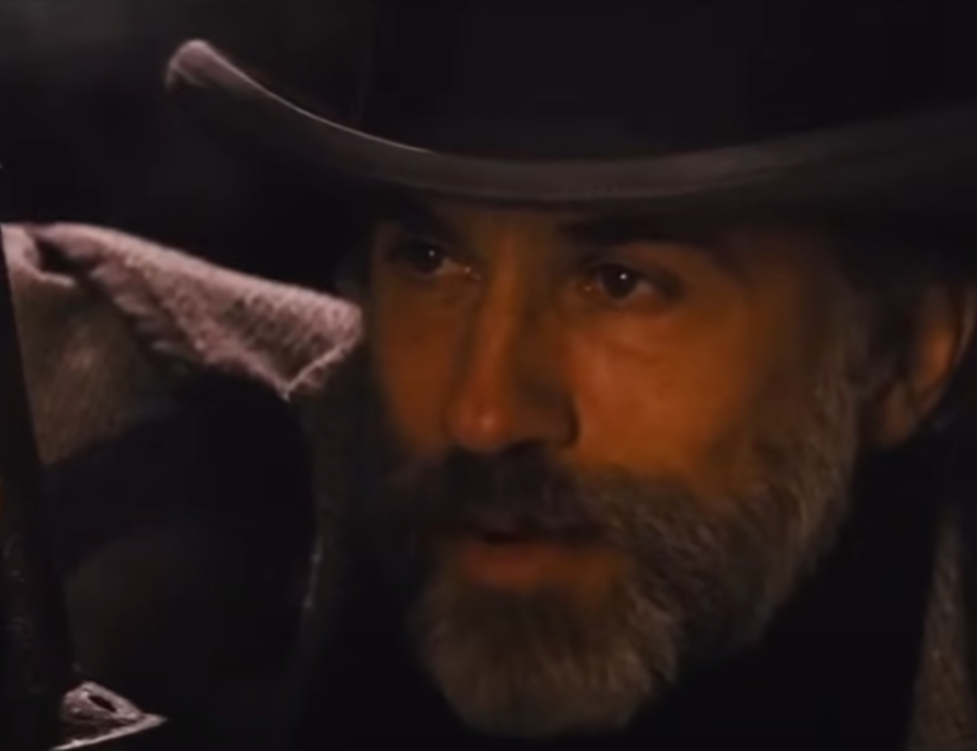 Columbia, Django Unchained (2012)
Columbia, Django Unchained (2012)
Best Supporting Actor, 2012: The Runners-Up
This was one of the most stacked Supporting Actor categories in recent memory. Alan Arkin's charm in Argo made him a standout, while Robert De Niro’s return to form in Silver Linings Playbook earned him widespread acclaim. Philip Seymour Hoffman’s mesmerizing performance in The Master and Tommy Lee Jones’ commanding presence in Lincoln were worthy of recognition, making for a race where any of these actors could have walked away with the trophy in a different year.
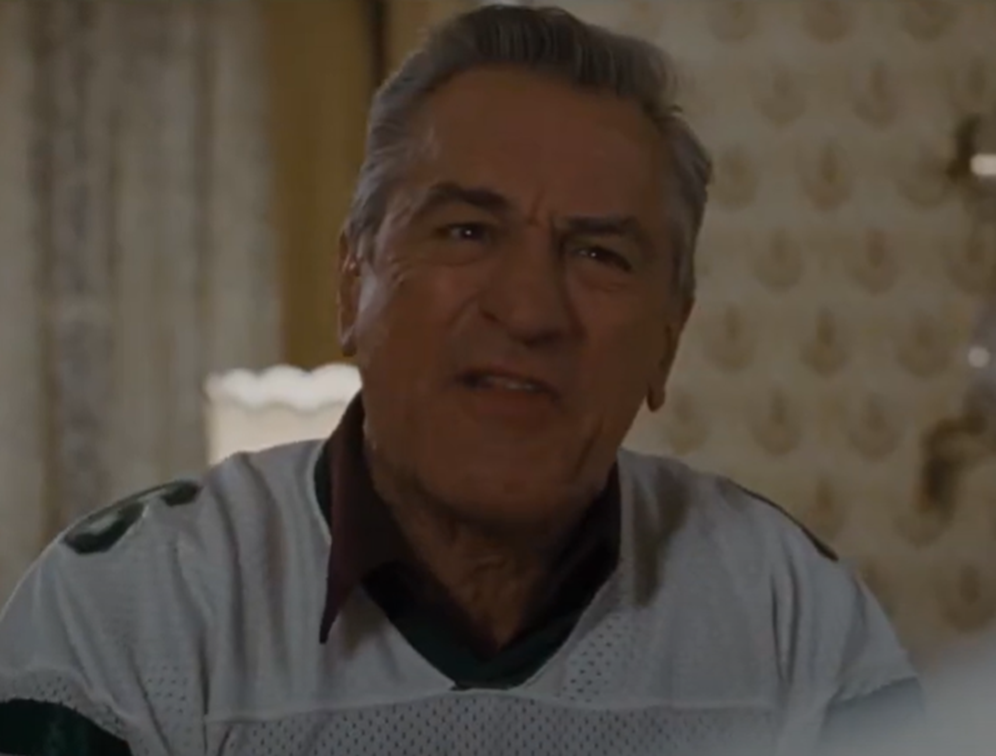 The Weinstein Company, Silver Linings Playbook (2012)
The Weinstein Company, Silver Linings Playbook (2012)
Best Actress, 2001: The Winner
Halle Berry won the Oscar for her emotionally raw performance in Monster's Ball, making history as the first African American woman to win the award. Her portrayal of a grieving widow in a complicated, tumultuous relationship was a breakthrough moment, securing her place in cinema history.
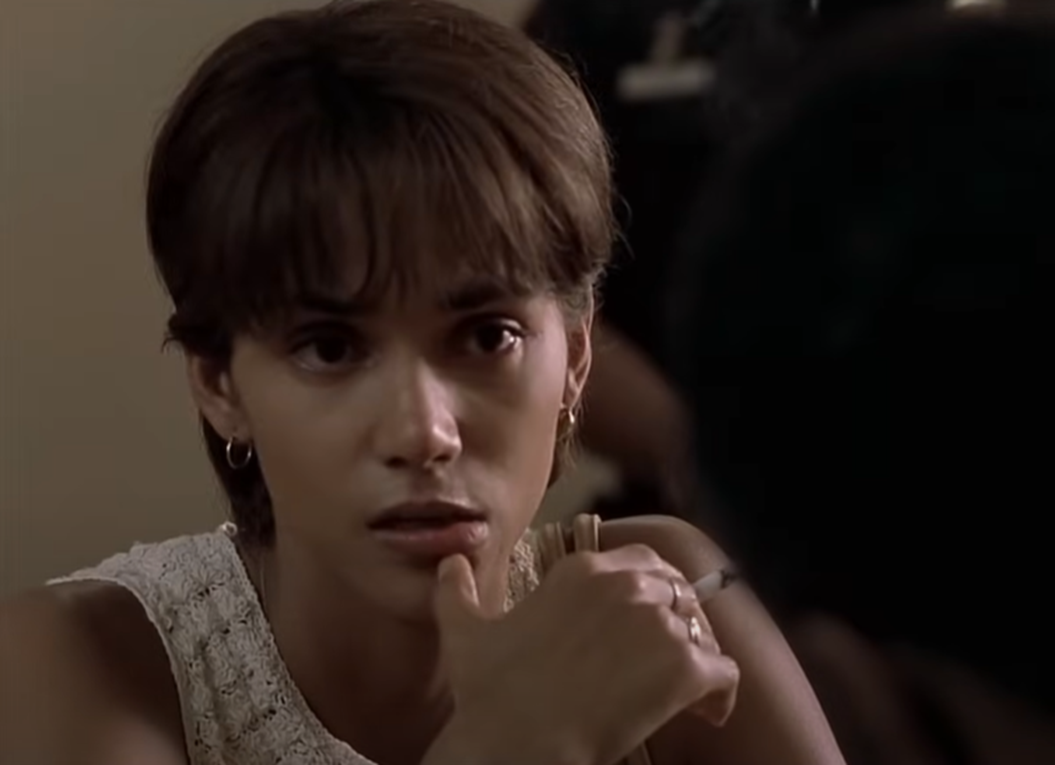 Lionsgate, Monster's Ball (2001)
Lionsgate, Monster's Ball (2001)
Best Actress, 2001: The Runners-Up
Judi Dench, Nicole Kidman, Sissy Spacek, and Renée Zellweger were all in fierce competition. Dench’s heartbreaking portrayal of a woman with dementia in Iris stood in contrast to Kidman’s dazzling, show-stopping role in Moulin Rouge!. Spacek’s subtle yet powerful performance in In the Bedroom as a grieving mother, and Zellweger’s delightful turn as Bridget Jones, showed the range of talent in this remarkable year. Though none won, their performances were unforgettable.
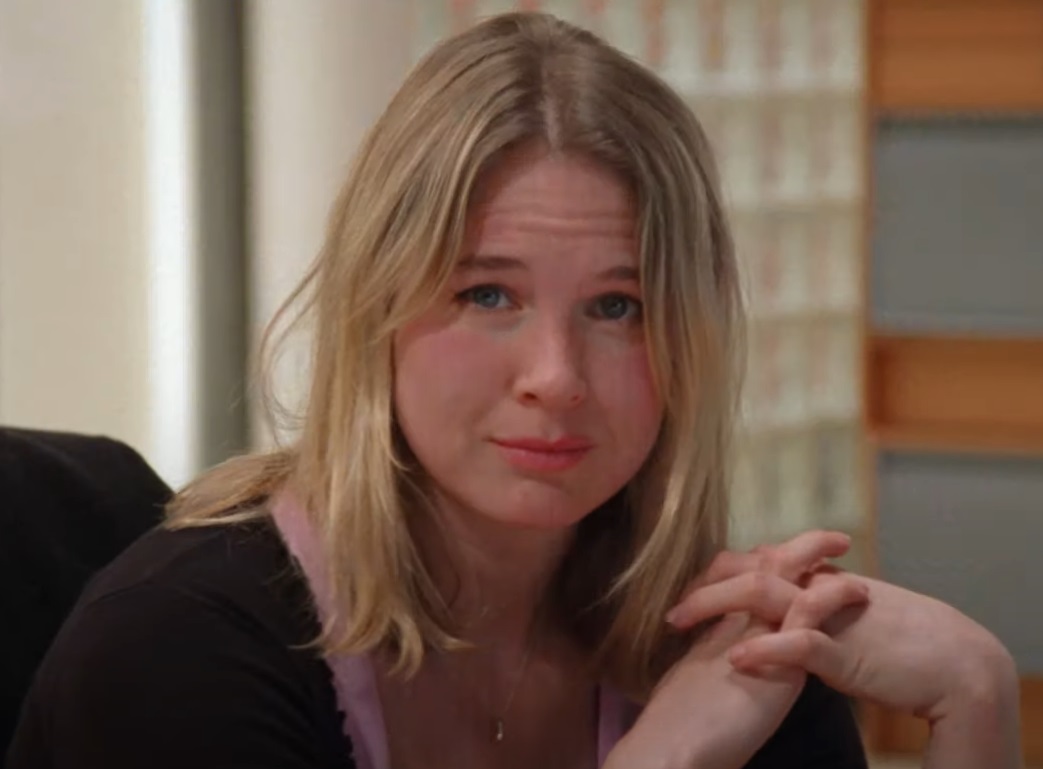 Universal, Bridget Jones's Diary (2001)
Universal, Bridget Jones's Diary (2001)
Best Cinematography, 2007: The Winner
Robert Elswit won the Oscar for his work on There Will Be Blood, delivering stunning visuals that matched the bleak, intense narrative of the oil boom. His cinematography created an ominous and atmospheric tone, perfectly complementing Paul Thomas Anderson's epic story.
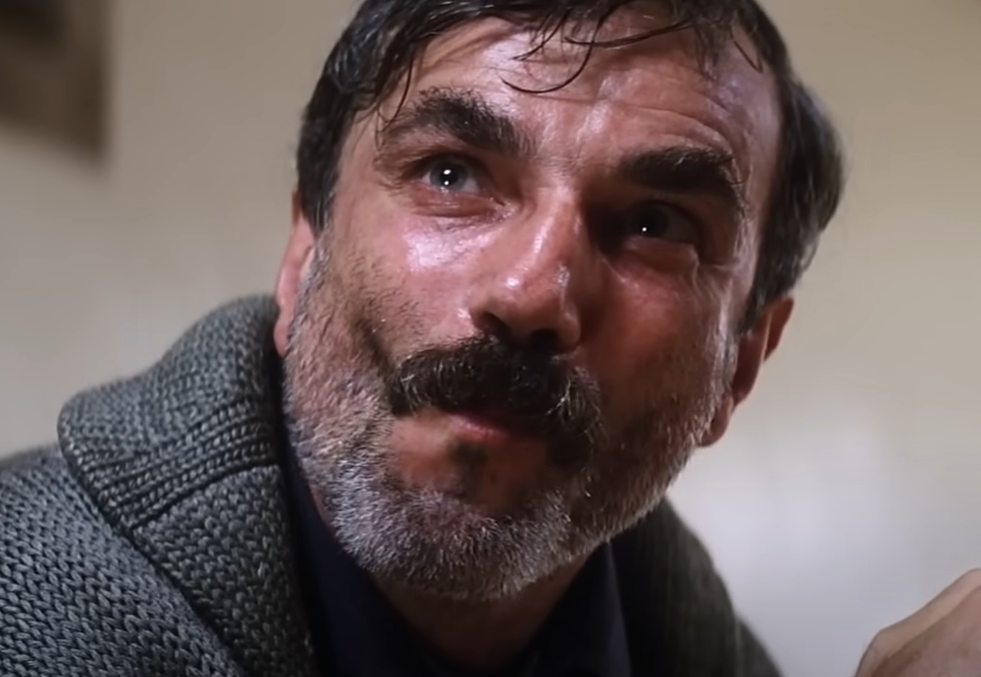 Miramax, There Will Be Blood (2007)
Miramax, There Will Be Blood (2007)
Best Cinematography, 2007: The Runners-Up
Roger Deakins was nominated twice, for his breathtaking work on The Assassination of Jesse James by the Coward Robert Ford and No Country for Old Men. Janusz Kamiński's innovative approach in The Diving Bell and the Butterfly captured the psychological experience of paralysis, while Seamus McGarvey's bold use of color and movement in Atonement added cinematic flair, especially with its infamous Steadicam shot.
Best Original Score, 1994: The Winner
Hans Zimmer took home the Oscar for The Lion King, with a score that became iconic, blending powerful orchestral elements with African-inspired rhythms. His work captured the emotional depth of the film, turning it into a timeless musical masterpiece.
Best Original Score, 1994: The Runners-Up
Thomas Newman’s two nominations for Little Women and The Shawshank Redemption showcased his versatility, from the sweeping elegance of the former to the haunting, iconic score of the latter. Alan Silvestri’s Forrest Gump score, with its bittersweet melodies, became synonymous with the film’s emotional journey, while Elliot Goldenthal’s lush, gothic score for Interview with the Vampire added an atmospheric layer to the film's dark story.
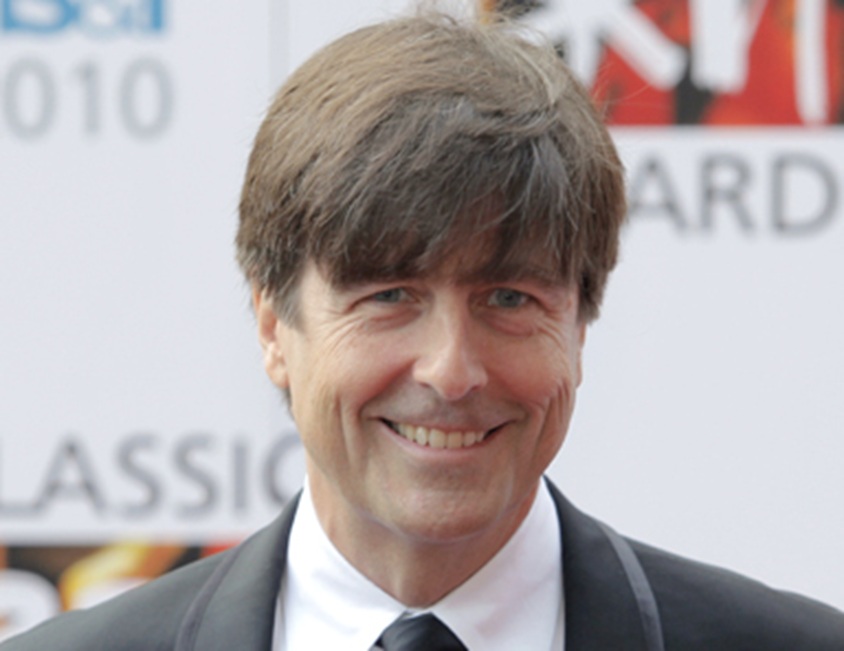 Simon Fernandez, CC BY 2.0, Wikimedia Commons
Simon Fernandez, CC BY 2.0, Wikimedia Commons
Best Picture, 2010: The Winner
The King's Speech triumphed as the Best Picture winner, a historical drama about King George VI overcoming a speech impediment with the help of an unconventional speech therapist. The film's appeal was undeniable, delivering a mix of emotional depth and historical intrigue, securing its place as a crowd-pleasing Oscar winner.
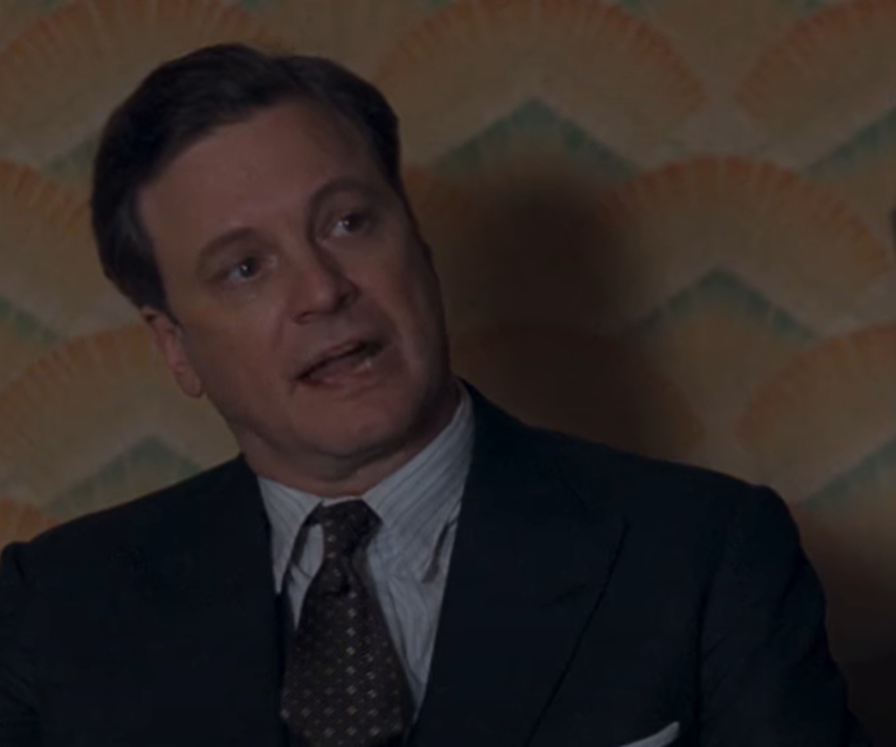 The Weinstein Company, The King's Speech (2010)
The Weinstein Company, The King's Speech (2010)
Best Picture, 2010: The Runners-Up
2010's nominees presented an eclectic mix, from the heart-pounding Inception and Pixar’s emotional Toy Story 3 to the grit of The Fighter and 127 Hours. The Social Network captured the zeitgeist with its portrayal of Facebook's creation, while Black Swan showcased psychological tension. True Grit honored the classic western, while Winter’s Bone introduced a raw, unflinching narrative. The Kids Are All Right explored family dynamics, and The King’s Speech mixed historical drama with Oscar-friendly storytelling.
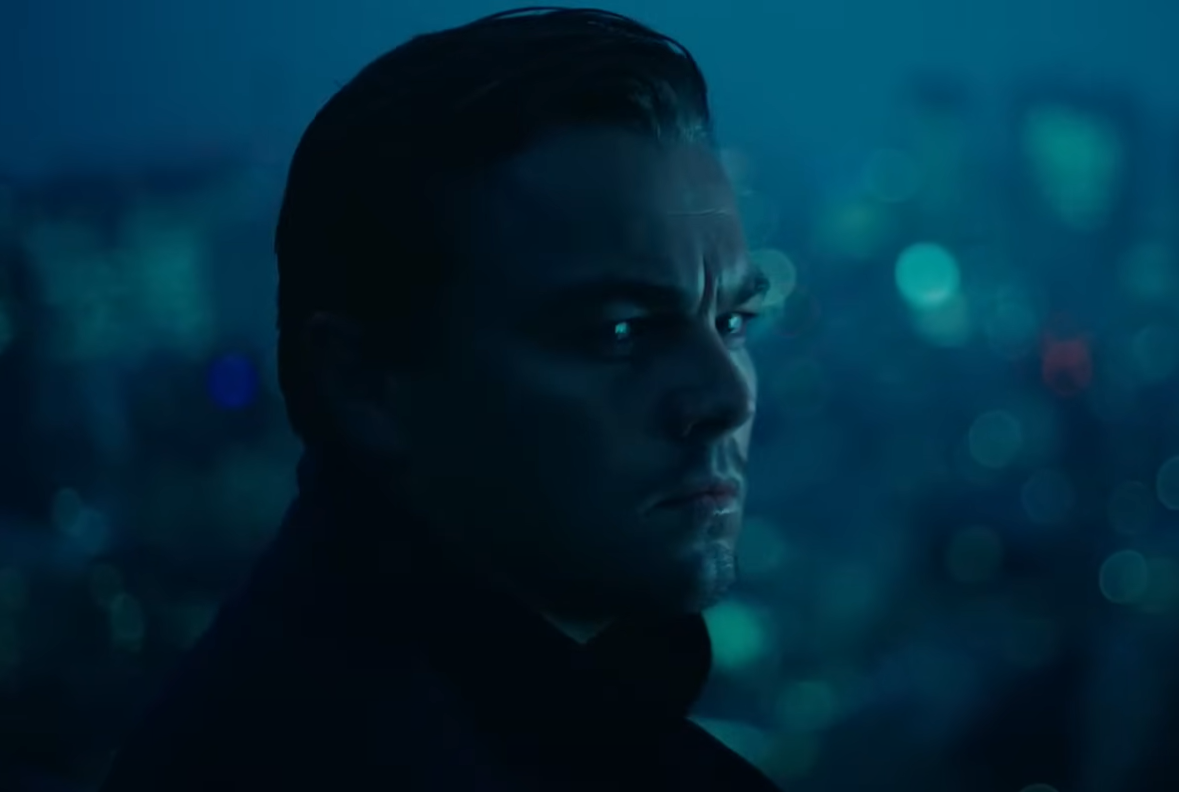 Warner Bros., Inception (2010)
Warner Bros., Inception (2010)
Best Picture, 2003: The Winner
The Lord of the Rings: The Return of the King made history by sweeping all 11 categories it was nominated for, including Best Picture. Its win was a rare but well-earned triumph for the fantasy genre at the Oscars.
 New Line Cinema, The Lord of the Rings: The Return of the King (2003)
New Line Cinema, The Lord of the Rings: The Return of the King (2003)
Best Picture, 2003: The Runners-Up
Lost in Translation was a beautifully intimate film that earned Sofia Coppola an Oscar for Best Original Screenplay, but its quiet storytelling wasn’t enough to secure Best Picture. Mystic River delivered powerhouse performances from Sean Penn and Tim Robbins, both of whom won acting Oscars, yet its dark and intense subject matter may have alienated some voters.
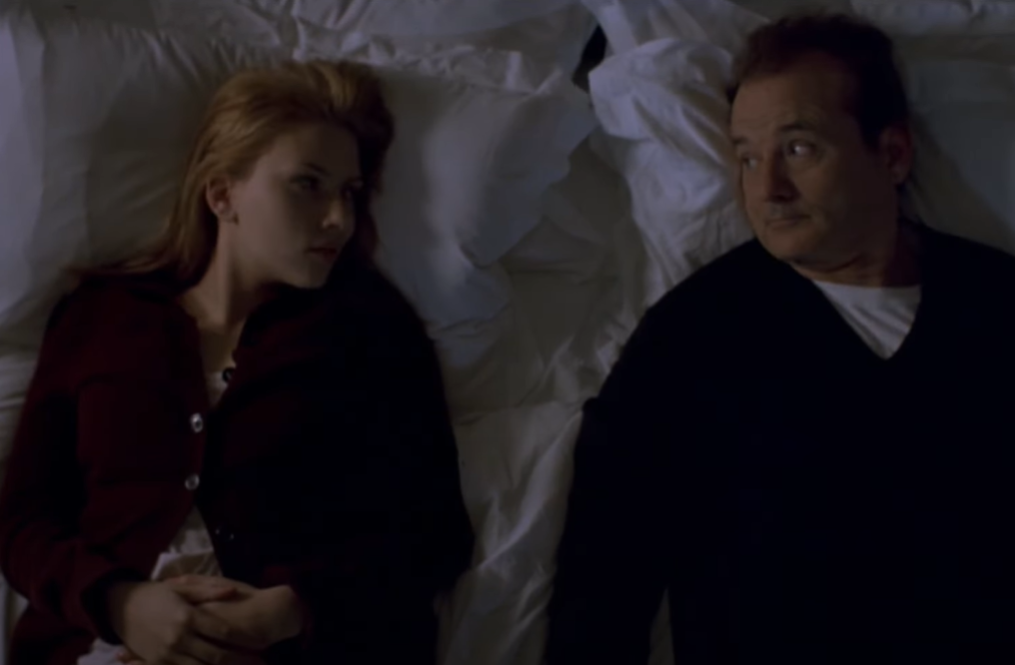 Focus Features, Lost in Translation (2003)
Focus Features, Lost in Translation (2003)
Best Picture, 2013: The Winner
12 Years a Slave took home Best Picture, praised for its unflinching depiction of the times and emotional storytelling. Directed by Steve McQueen, the film told the harrowing true story of Solomon Northup, a free Black man kidnapped and sold into slavery. Its historical significance, combined with powerful performances, helped it stand out among a strong field of nominees.
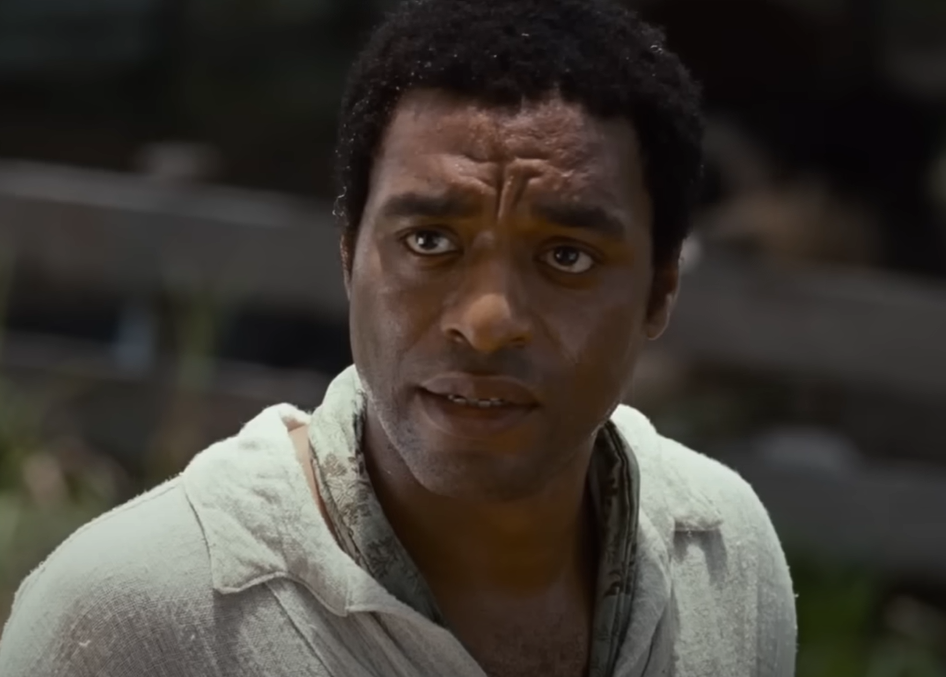 New Regency Productions, 12 Years a Slave (2013)
New Regency Productions, 12 Years a Slave (2013)
Best Picture, 2013: The Runners-Up
Dallas Buyers Club featured standout performances from Matthew McConaughey and Jared Leto but was seen as too small in scale to win. Her was an inventive and touching sci-fi romance, yet its futuristic themes likely alienated some voters. Gravity dazzled with stunning visuals and won Best Director for Alfonso Cuarón, but the Academy historically favors dramas over sci-fi for Best Picture.
 Voltage Pictures, Dallas Buyers Club (2013)
Voltage Pictures, Dallas Buyers Club (2013)
Best Picture, 1951: The Winner
An American in Paris surprised many by taking home Best Picture, triumphing over two heavier dramas. The lavish MGM musical, directed by Vincente Minnelli and starring Gene Kelly, dazzled with its vibrant Technicolor, Gershwin score, and a groundbreaking 18-minute ballet sequence.
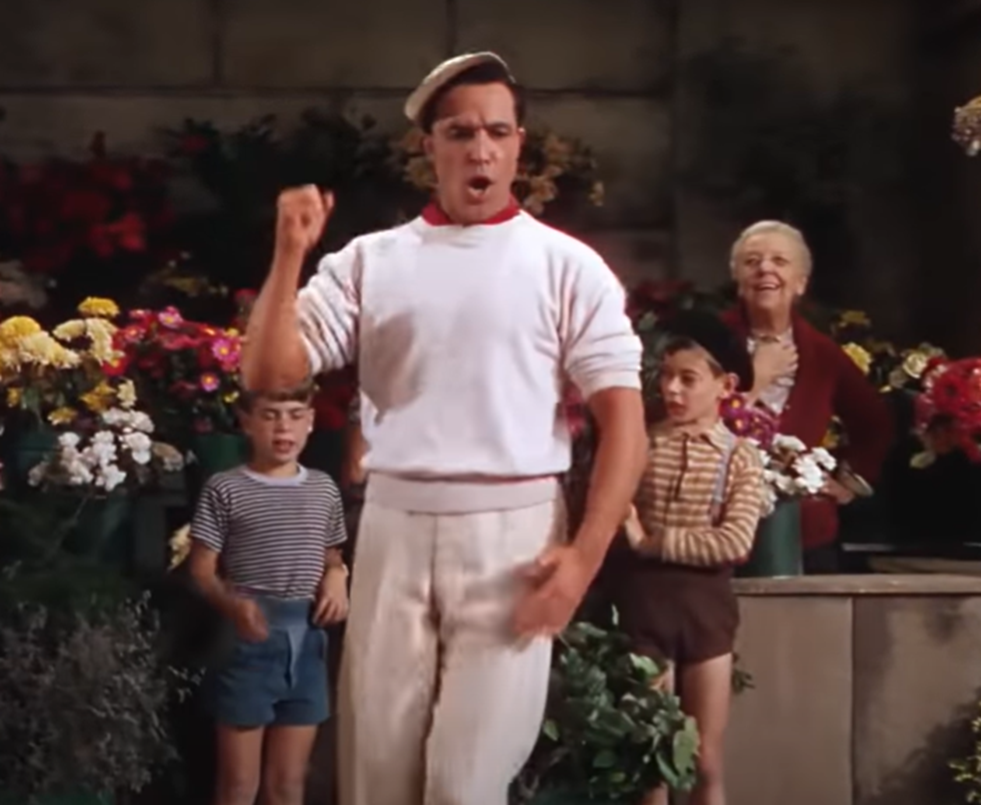 Loew's, An American in Paris (1951)
Loew's, An American in Paris (1951)
Best Picture, 1951: The Runners-Up
A Place in the Sun won Best Director and Best Screenplay, with Montgomery Clift delivering a memorable performance in a tale of love and tragedy. A Streetcar Named Desire dominated the acting categories, with Vivien Leigh, Karl Malden, and Kim Hunter all winning Oscars, but its dark themes may have been too intense for the Academy. Ultimately, both films lost to the crowd-pleasing musical spectacle.
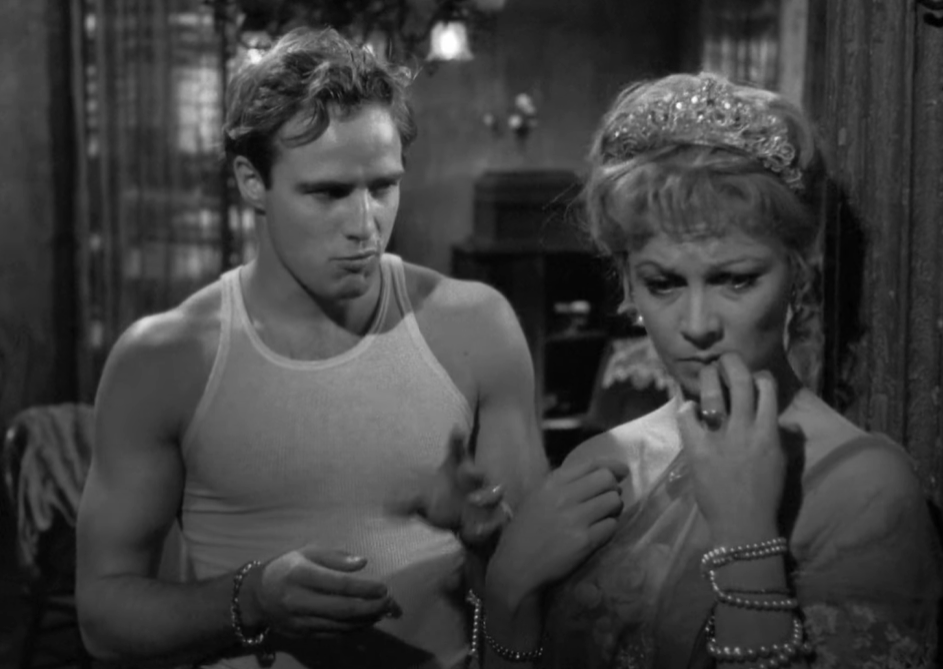 Warner Bros., A Streetcar Named Desire (1951)
Warner Bros., A Streetcar Named Desire (1951)
Best Picture, 1957: The Winner
The Bridge on the River Kwai took home Best Picture, standing out as a sweeping war epic with grand cinematography and intense moral dilemmas. Directed by David Lean and starring Alec Guinness, the film’s depiction of a British officer’s obsession with discipline, even in a POW camp, resonated with audiences and critics alike. Its large-scale production and its themes in the post-war era made it an undeniable Academy favorite.
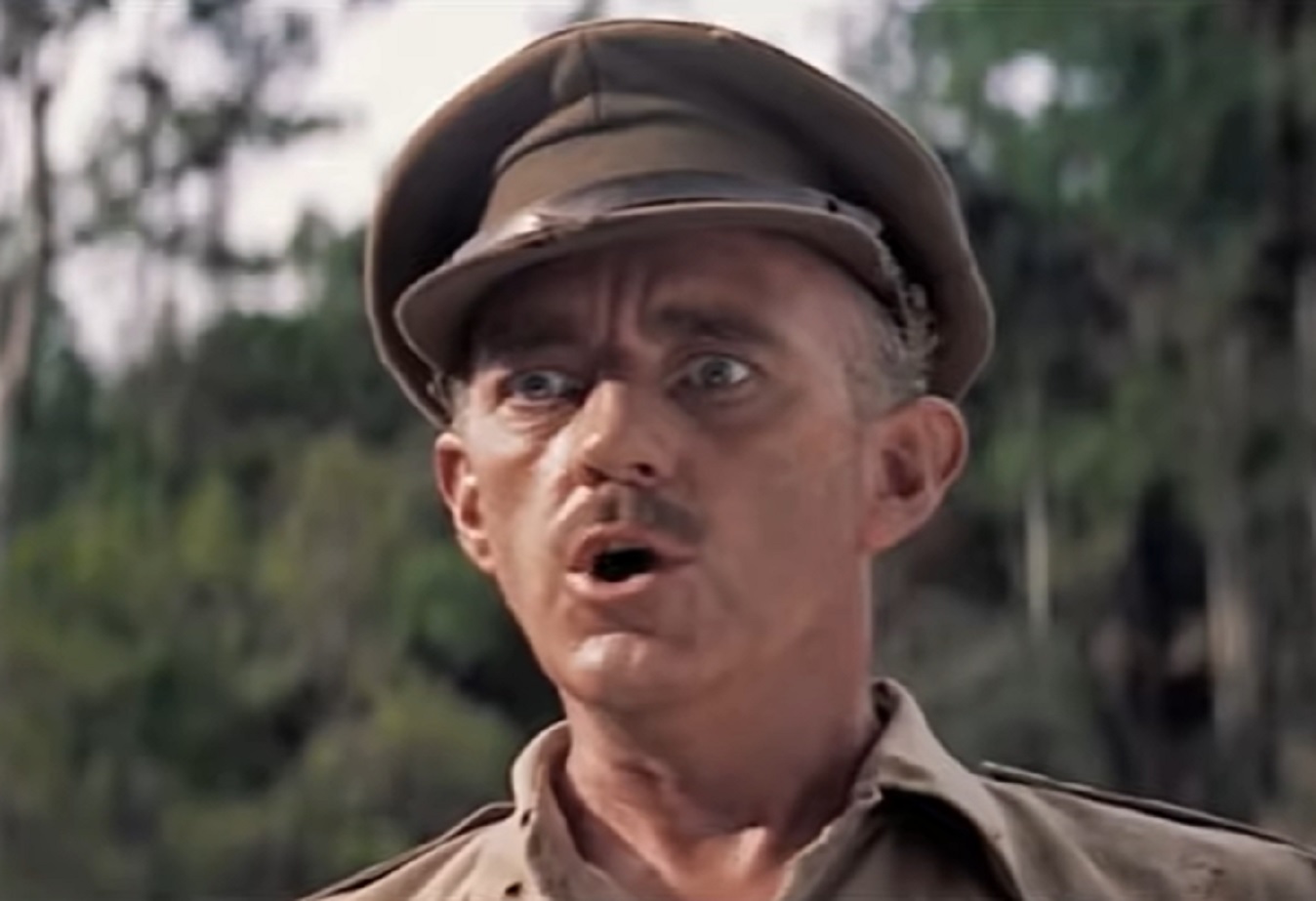 Horizon Pictures, The Bridge on the River Kwai (1957)
Horizon Pictures, The Bridge on the River Kwai (1957)
Best Picture, 1957: The Runners-Up
Witness for the Prosecution, a sharp Agatha Christie courtroom drama with a legendary twist ending, was well-received but perhaps too British for the Academy at the time. 12 Angry Men, a tense jury-room drama featuring Henry Fonda, was seen as too stage-bound despite its gripping performances and social relevance.
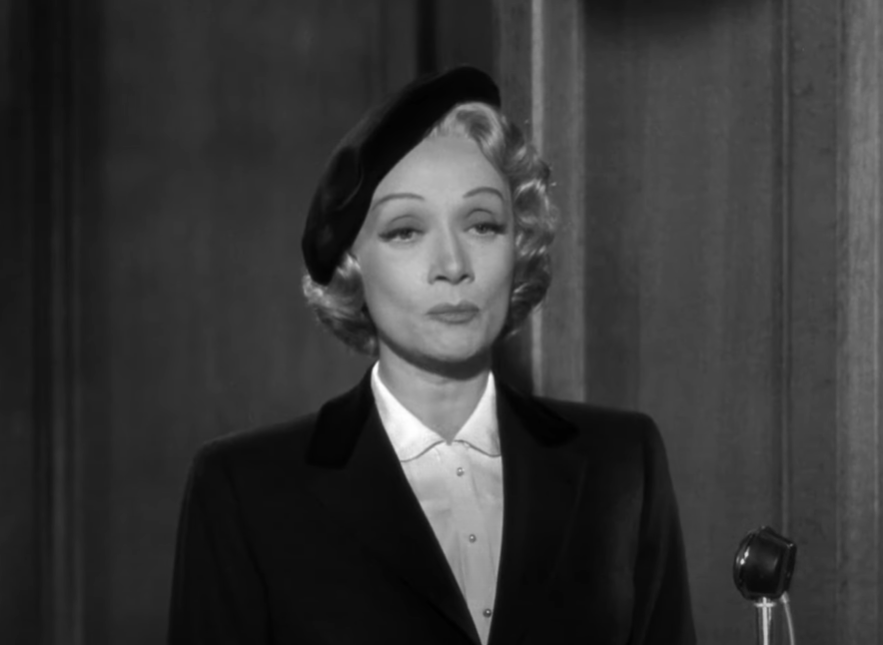 Edward Small Productions, Witness for the Prosecution (1957)
Edward Small Productions, Witness for the Prosecution (1957)
Best Picture, 1940: The Winner
Rebecca claimed the Best Picture award, marking Alfred Hitchcock’s first and only film to win in the category. This gothic romance, produced by David O Selznick, captivated voters with its haunting atmosphere, gripping performances, and psychological tension. Selznick’s industry clout, fresh off Gone With the Wind, likely played a role in securing the win.
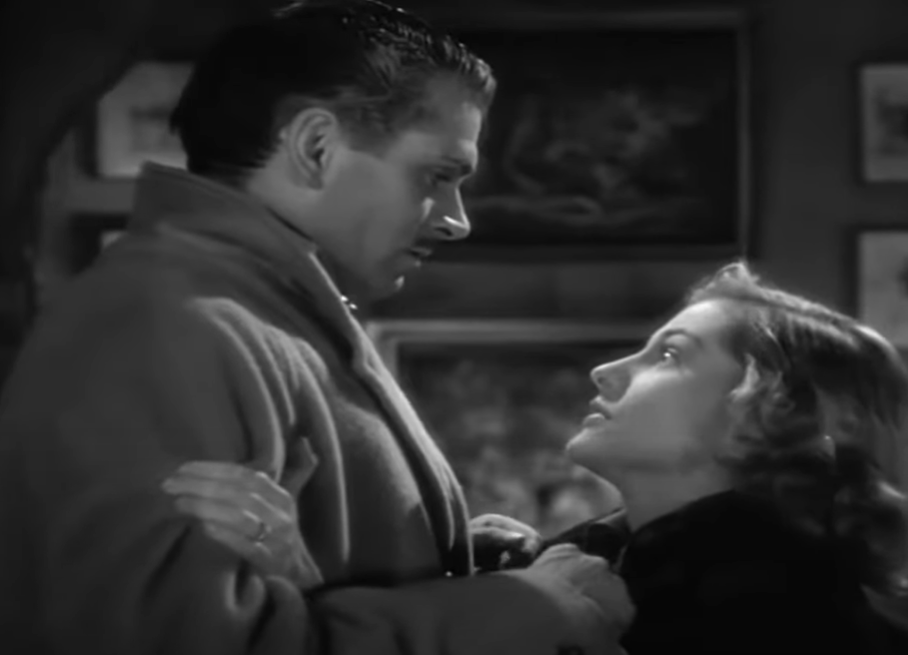 Selznick International Pictures, Rebecca (1940)
Selznick International Pictures, Rebecca (1940)
Best Picture, 1940: The Runners-Up
The Grapes of Wrath, a powerful adaptation of John Steinbeck’s novel, was seen as too bleak despite John Ford’s Best Director win. The Great Dictator, Charlie Chaplin’s daring satire of was both bold and timely, but its political edge may have been too risky for a country still neutral in World War II. While both films were landmark achievements, they couldn’t overcome Rebecca’s combination of prestige and mainstream appeal.
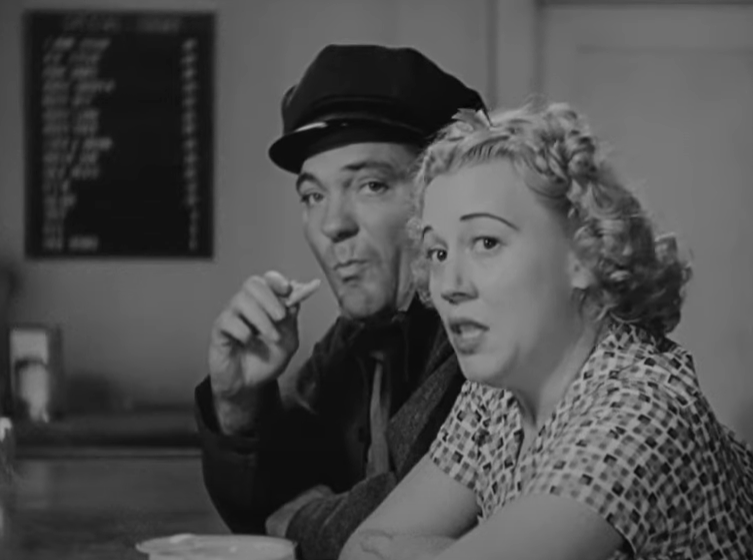 Twentieth Century, The Grapes of Wrath (1940)
Twentieth Century, The Grapes of Wrath (1940)
Best Picture, 1976: The Winner
Rocky took home the Best Picture Oscar, capturing the spirit of perseverance and underdog triumph that resonated with audiences. Sylvester Stallone’s breakout role and the film’s uplifting message made it the clear crowd-pleaser among the nominees.
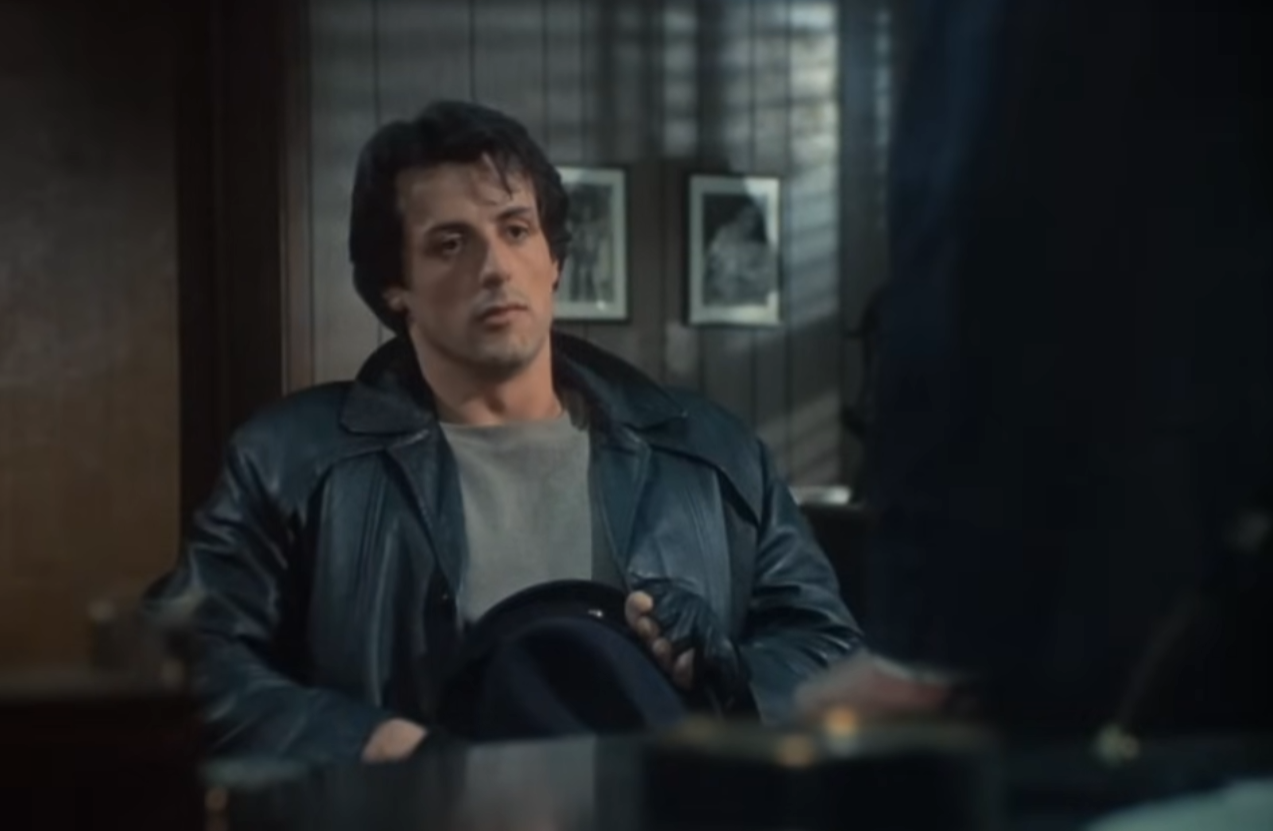 Chartoff-Winkler Productions, Rocky (1976)
Chartoff-Winkler Productions, Rocky (1976)
Best Picture, 1976: The Runners-Up
Network was a biting critique of television sensationalism, winning three acting Oscars but proving too cynical for Best Picture. All the President’s Men, a gripping portrayal of the Watergate scandal, may have suffered from voter fatigue on the subject. Taxi Driver, a gritty character study by Martin Scorsese, lacked a Best Director nomination, making its win unlikely despite its lasting cultural impact.
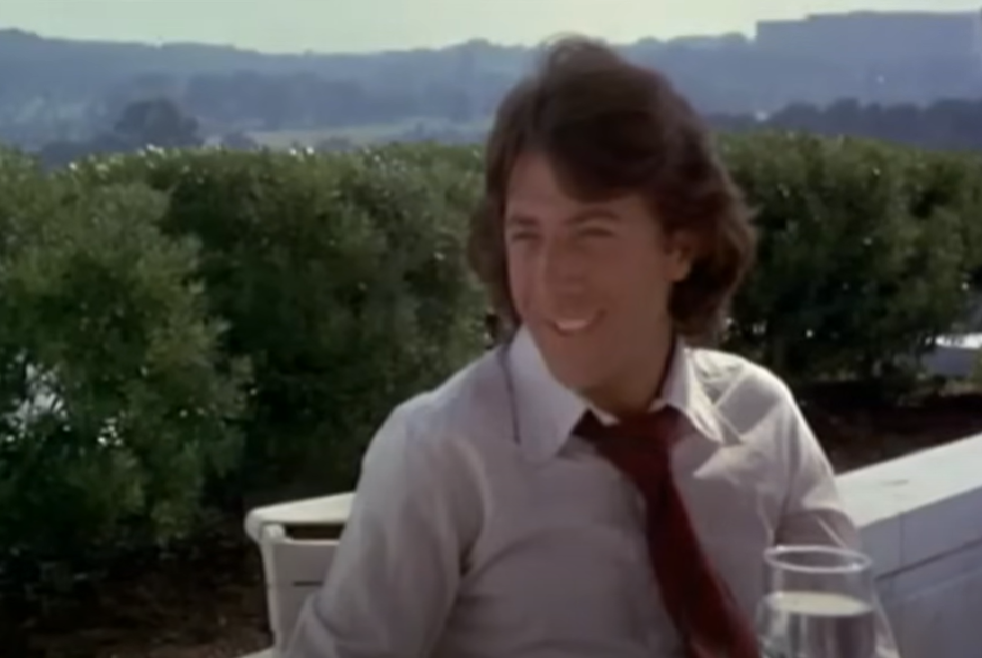 Wildwood Enterprises, All the President’s Men (1976)
Wildwood Enterprises, All the President’s Men (1976)
Best Actor, 1932: A Historic Tie
The fifth Academy Awards saw the first-ever tie in Oscar history when Wallace Beery (The Champ) and Fredric March (Dr Jekyll and Mr Hyde) both won Best Actor. The moment was slightly chaotic, with March delivering his acceptance speech solo before the oversight was corrected.
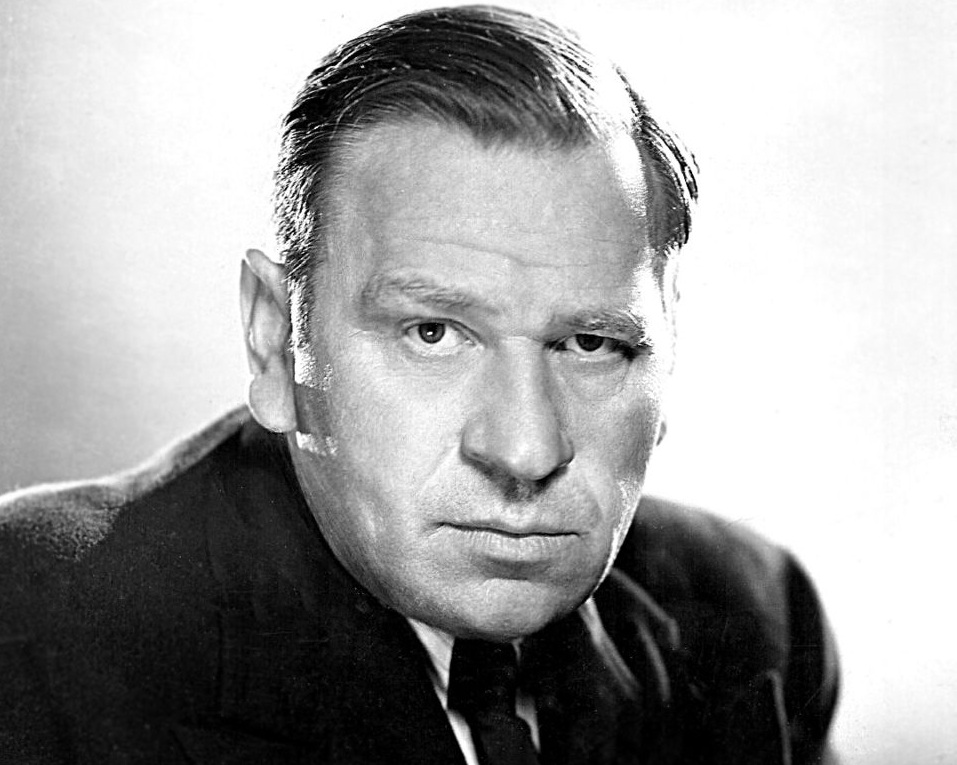 MGM studio photographer, Wikimedia Commons
MGM studio photographer, Wikimedia Commons
Best Documentary Short Subject, 1950: A Tie
The 22nd Academy Awards saw another tie in the Best Documentary Short Subject category, with A Chance to Live and So Much for So Little sharing the win. A Chance to Live, produced by Richard de Rochemont, depicted the building of a Catholic boys' home in Italy. Meanwhile, So Much for So Little, an animated short produced by Warner Bros for the US Public Health Service, aimed to raise awareness of public health and environmental issues.
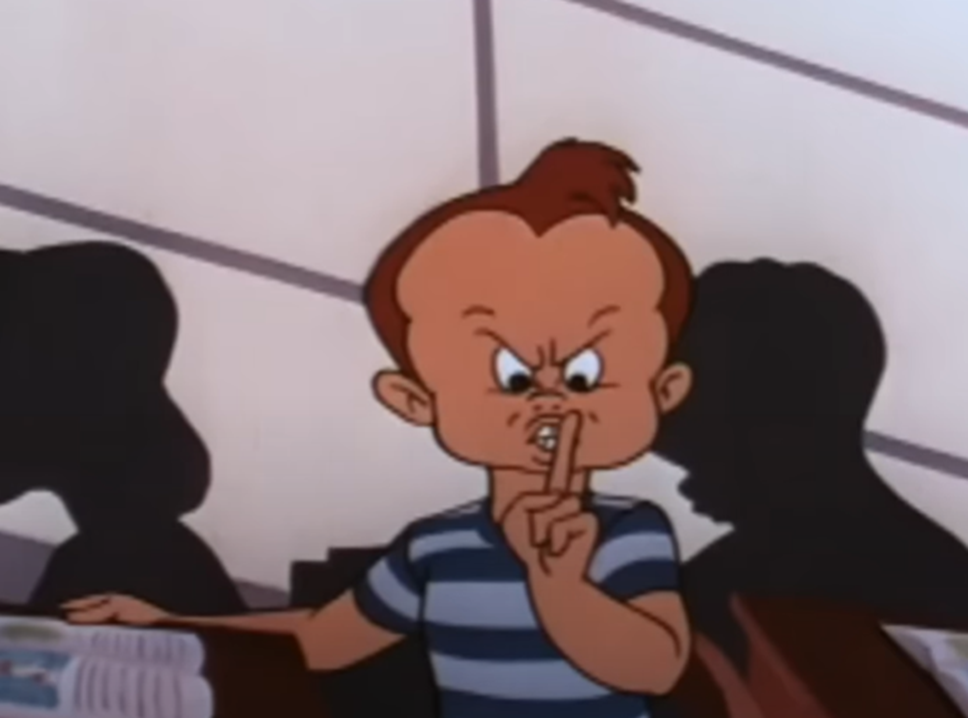 Warner Bros., So Much for So Little (1949)
Warner Bros., So Much for So Little (1949)
Best Sound Editing, 2013: A Tie
2013 marked a tie in the Best Sound Editing category, with Skyfall and Zero Dark Thirty both taking home the Oscar. Zero Dark Thirty, a thrilling portrayal of the hunt for Osama bin Laden, earned Paul NJ Ottosson the award, while Skyfall, the third James Bond film starring Daniel Craig, saw Per Hallberg and Karen Baker Landers honored for their sound work. With strong contenders like Argo, Django Unchained, and Life of Pi, the race was tightly contested, leading to a rare split in votes.
Best Short Film (Live Action), 1995: A Tie
At the 1995 Academy Awards, the Best Short Film (Live Action) category saw a rare tie between Franz Kafka's It's a Wonderful Life and Trevor. Directed by Peter Capaldi, Franz Kafka's It's a Wonderful Life is a surreal exploration of the famous writer’s life as he embarks on creating The Metamorphosis. Meanwhile, Trevor, directed by Peggy Rajski, follows a young boy named Trevor, who faces discrimination for his identity and emerging feelings for another boy.
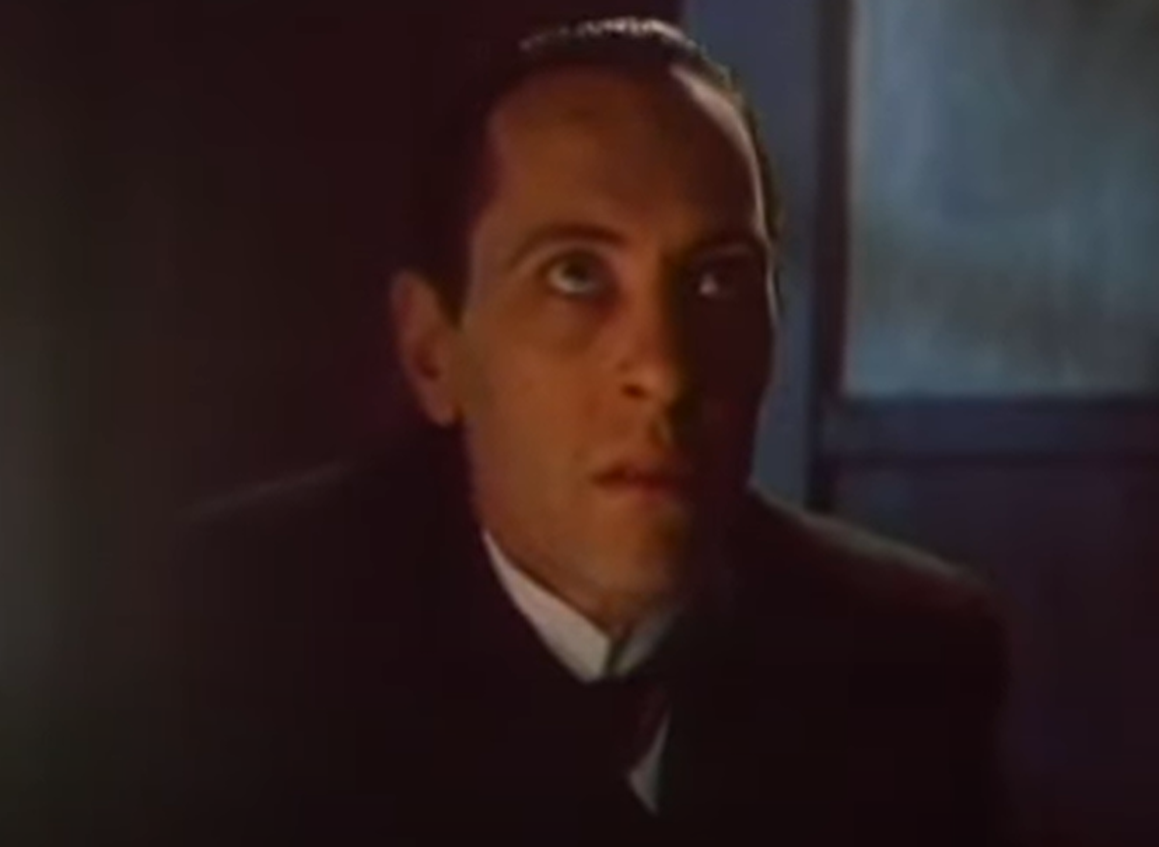 BBC, Franz Kafka's It's a Wonderful Life (1993)
BBC, Franz Kafka's It's a Wonderful Life (1993)
Best Picture, 1971: The Winner
The 1971 Academy Awards featured a mix of gritty modern thrillers and traditional films. The French Connection, directed by William Friedkin, stood out with its hard-hitting narrative and thrilling car chases, starring Gene Hackman. This action-packed film captured the Academy’s attention, earning it the Best Picture Oscar, thanks to its raw and dynamic portrayal of law enforcement.
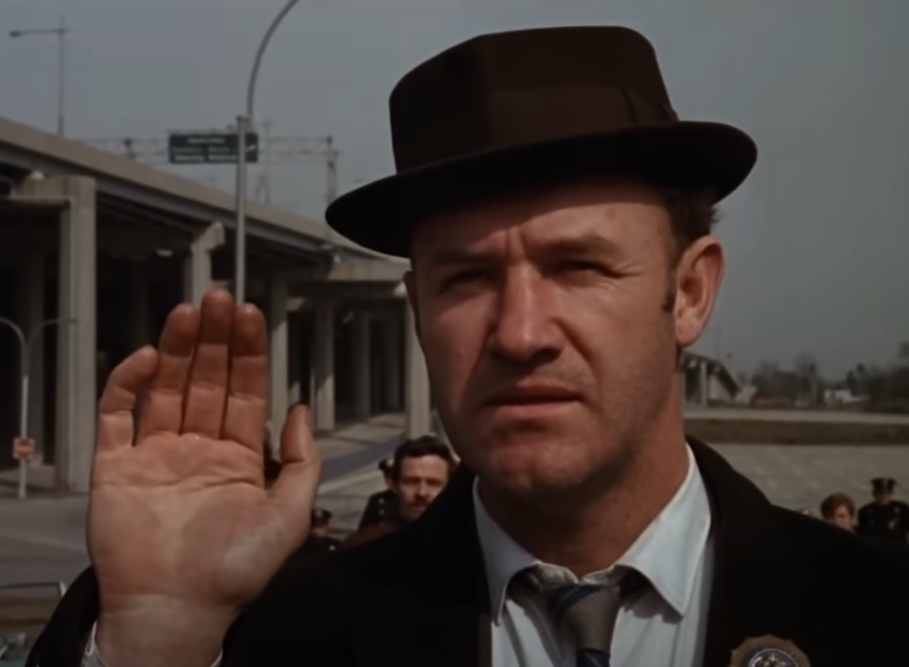 Twentieth Century, The French Connection (1971)
Twentieth Century, The French Connection (1971)
Best Picture, 1971: The Runners-Up
The other nominees presented a diverse array of themes. A Clockwork Orange, directed by Stanley Kubrick, was too violent and controversial for the Academy, given its depictions of unrest and societal breakdown. Fiddler on the Roof, though a beloved musical, was seen as outdated, and The Last Picture Show, a black-and-white coming-of-age drama, did not align with the Academy’s usual preferences.
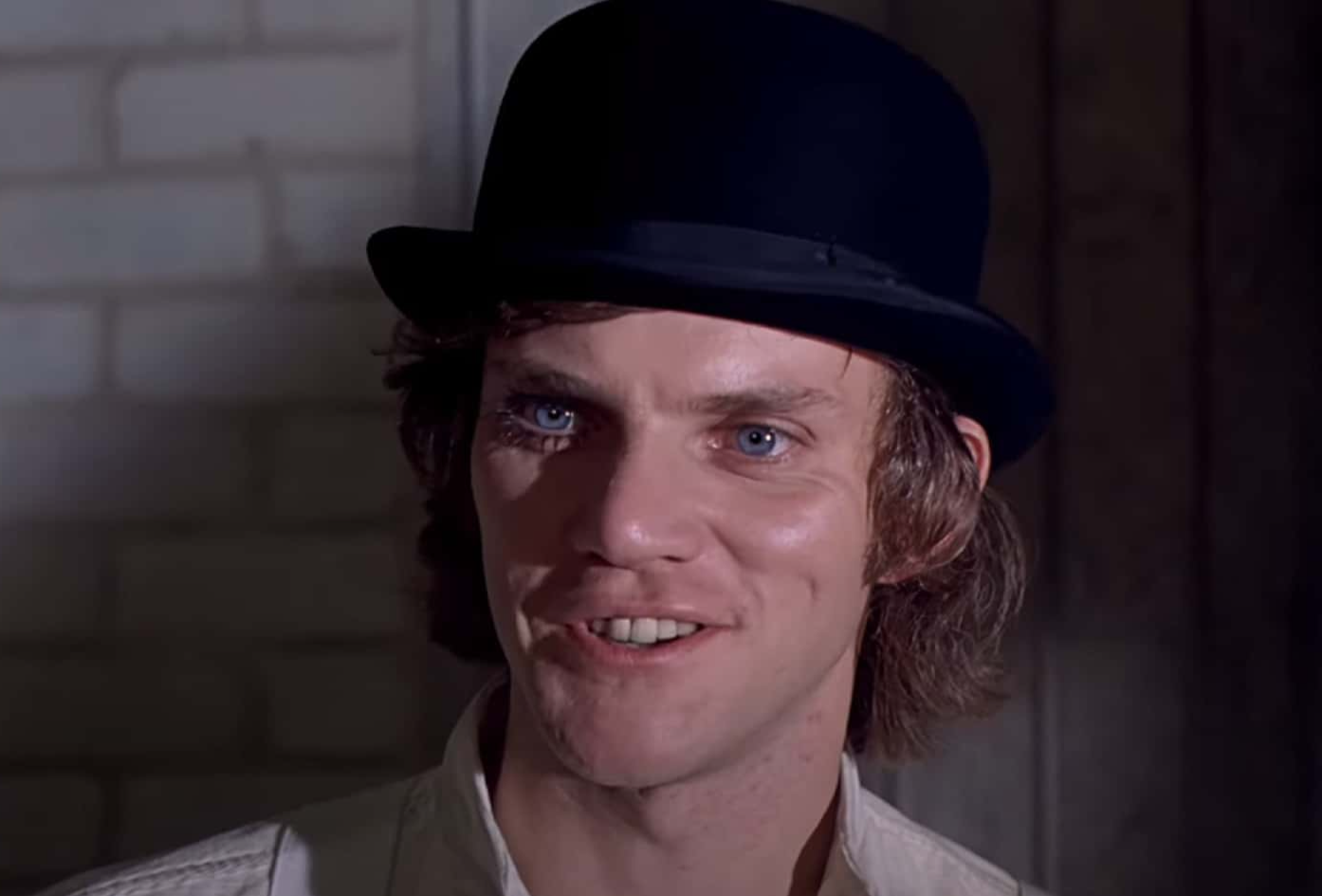 A Clockwork Orange(1971), Warner Bros. Pictures
A Clockwork Orange(1971), Warner Bros. Pictures
Best Actress, 1969: A High-Profile Tie
The 1969 Academy Awards featured one of the most iconic ties in Oscar history for Best Actress. Katharine Hepburn was honored for her performance in The Lion in Winter, while Barbra Streisand won for her portrayal of Fanny Brice in Funny Girl.
The tie was controversial at the time, as Streisand had been admitted to the Academy earlier that year, despite not meeting all the qualifications to join. This allowed her to vote for herself in the Best Actress category, giving her one more vote to tie with Hepburn.
You May Also Like:
Hollywood’s Youngest Oscar Winners
Who Won The Best Actress Oscar The Year You Were Born?



